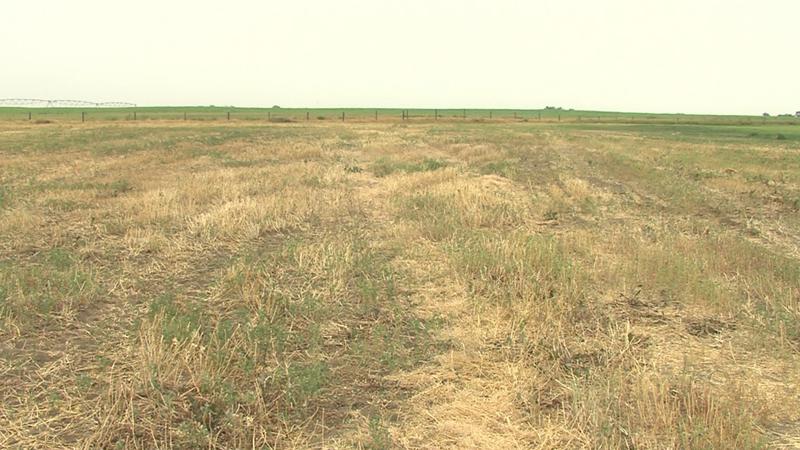
Drought conditions having impact on farmers’ mental health, says advocacy group
MEDICINE HAT, Alta. — Harold Fieldberg stands on land that once grew organic hemp. This time of year it is supposed to be lush and green, but much of his dryland crop has been ruined by drought.
For Fieldberg and many other farmers, the drought is yet another difficult challenge on top of a rough couple of years.
“It has a severe effect on the farm family because the stress goes down from me to my wife to my family to my son who is working on the farm, my grandson also works on the farm here. And we are always short on money. We are always living on next year’s money, and with a drought like this and we have had hail, the past two years, we sort of live off crop insurance, and crop insurance is quite difficult for agriculture,” he said.


